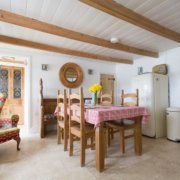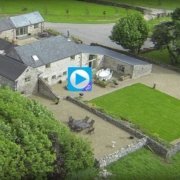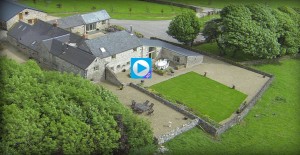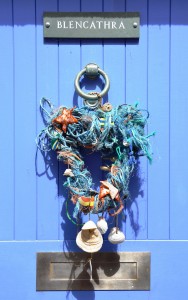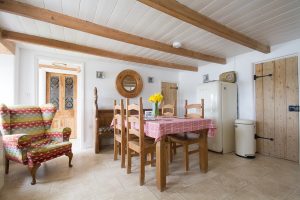 Business rates for self-catering accommodation are unfortunately on the rise. If you have more than 13 beds you could be facing the biggest increase. The new rates will come into effect on 1st April 2017. The business rates revaluation have been highlighted in a recent report commissioned by The South West Tourism Alliance. This informative report highlights those with a rateable value above £12,000 may be hit with bills of between 43% and 71% higher than in 2010.
Business rates for self-catering accommodation are unfortunately on the rise. If you have more than 13 beds you could be facing the biggest increase. The new rates will come into effect on 1st April 2017. The business rates revaluation have been highlighted in a recent report commissioned by The South West Tourism Alliance. This informative report highlights those with a rateable value above £12,000 may be hit with bills of between 43% and 71% higher than in 2010.
This news is disappointment to those working within the self-catering accommodation industry. It comes at a time when the Government has acknowledged that rural and coastal businesses are under pressure and in need of greater support.
We take a look at what the business rates rises means for holiday homeowners.
Who is set to be hit the hardest by the rise in business rates?
The government has hit those with the largest turnover hardest, leaving larger complexes facing the biggest increases; a self-catering business with 10 cottages that sleep six people may see a 71% increase on the business rate costs.
These new rates neglect to take into consideration the running costs of these complexes, including greater staffing levels, maintenance expenses and of course, the fact the majority will already be over the compulsory VAT registration limit.
Tables provided by The South West Tourism Alliance indicate that more than 36,000 local accommodation providers will be effected, with the bulk of those offering 1 to 4 bed spaces, and potentially paying in excess of 30% more than they were in 2010.
The effect of business rates rises
By this point owners will have set their prices for 2017 and in some cases for 2018 too. As a result, there is likely to be little room to manoeuvre when it comes to passing these costs on.
Once the full impact of the rate increases has been felt, and taking into consideration the current rate of inflation, it’s almost inevitability that prices will need to rise. This is particularly disappointing at a time when the weak pound against the Euro has made the staycation an increasingly attractive economic option for domestic travel.
The new report also highlights the large impact that the rates will have on many communities. The South West in particular has many which are reliant on seasonal tourism. Any potential drop-off in occupancy as a result of higher costs will also hit associated trades and services.
There can be no better time for us to all come together in order to collectively promote cottage holidays. We have a great product, let’s make sure everyone knows about it.
You can read the full report here: SWTA – The Impact of Business Rates rises in the Self-catering Sector
Boshers offer specialist holiday home insurance to owners across the UK. Require a quote for your holiday apartment, cottage or complex? Please give us a call on 01237 429444.

